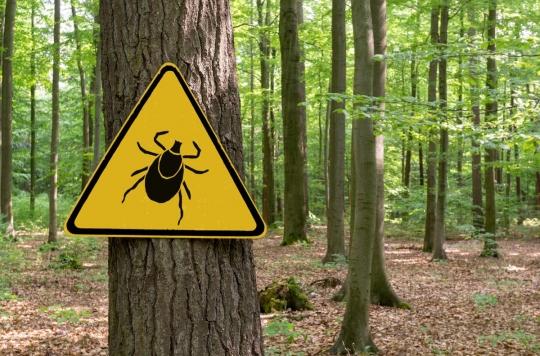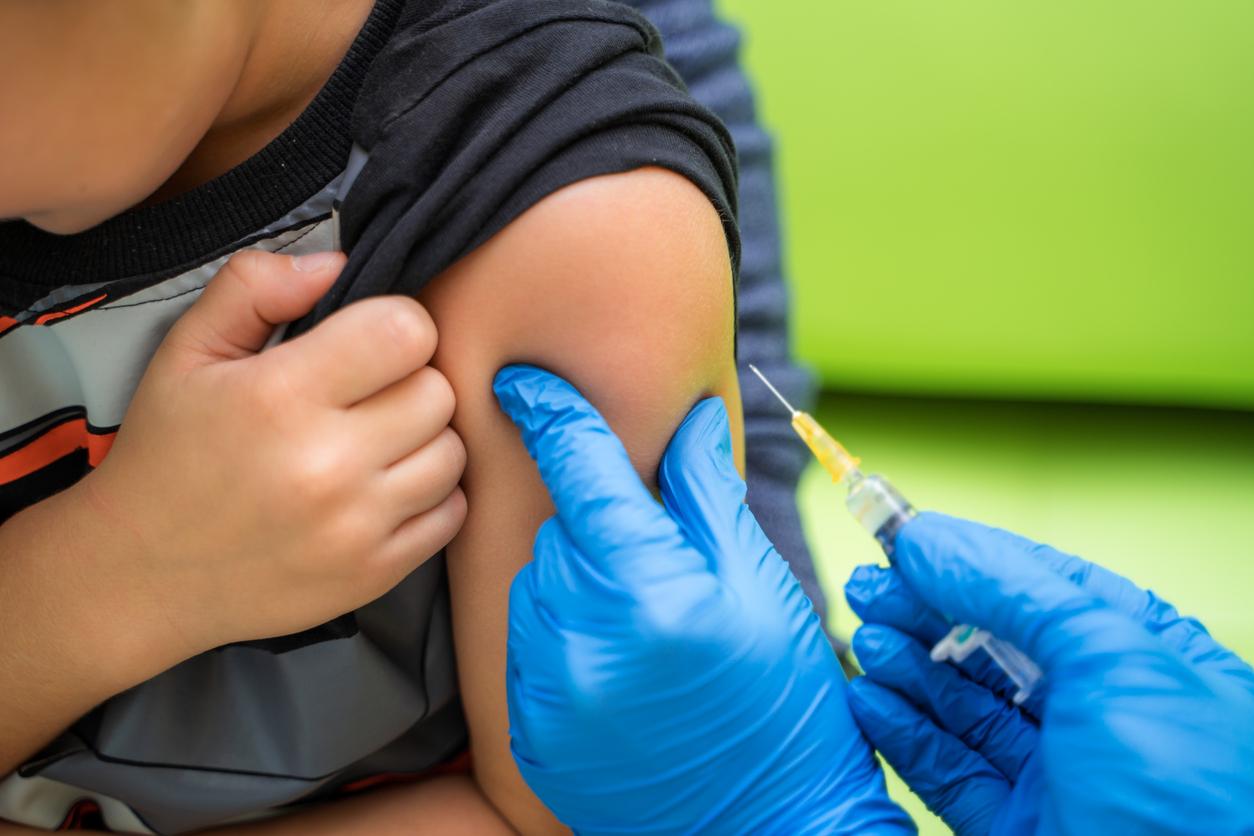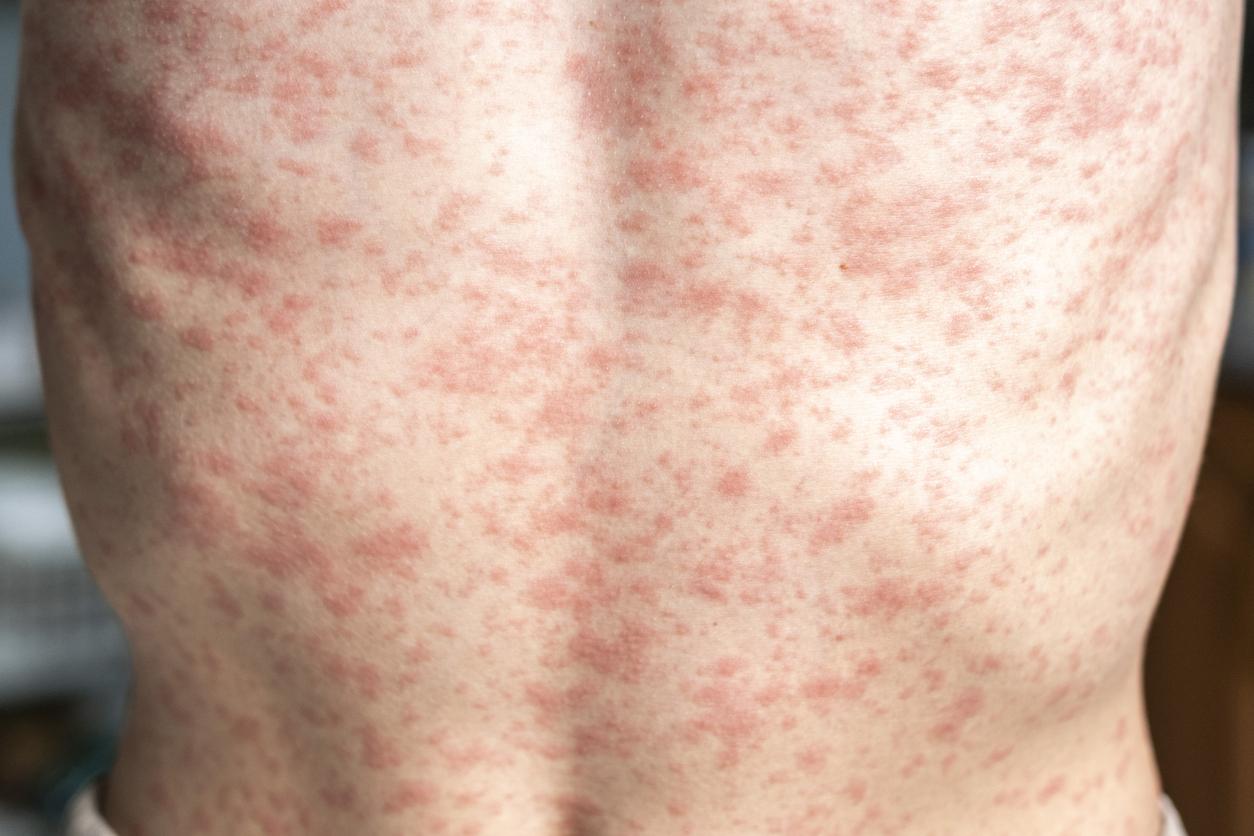Several confirmed or probable cases of tick-borne encephalitis have been detected in Ain, probably due to the consumption of infected cheeses.

- An outbreak of 26 confirmed or probable cases of tick-borne encephalitis has been detected in Ain
- The health authorities favor the track of food origin
- Tick-borne encephalitis is a viral disease transmitted to humans by an infected tick.
A focus of tick-borne encephalitis has been detected in Ain, alerted The Auvergne-Rhône-Alpes Regional Health Agency and the Ain prefecture. 26 people would be affected, probably due to the contamination of cheeses.
The health authorities favor the food origin of the transmission of the virus and have recalled cheeses made from raw goat’s and cow’s milk from a farm in the Oyonnax basin. 50% of people (confirmed or suspected of being infected) have consumed it.
10 people confirmed
The first symptoms were recorded in mid-April and were characterized by flu-like symptoms that have faded
before’progress to intense headaches and more or less severe dizziness
. Occurring during confinement, these symptoms forced patients to get tested.
In order to rule out the hypothesis of an infection with the new coronavirus, a majority of patients underwent a virological test, associated for some with a serological control.
, explained an AFP source. But all were negative. The diagnosis of tick-borne encephalitis was confirmed in at least 10 of the 26 people. One of them died, but the reasons for her death are still uncertain.
Better understand tick-borne encephalitis
Lyme disease is not the only disease transmitted by ticks. Tick-borne encephalitis, or verno-summer meningoencephalitis (MEVE), is a viral disease also transmitted to humans by an infected tick. Often asymptomatic, patients show no signs early in the incubation period.
Thereafter, the disease generally evolves in two phases: appearance of flu-like symptoms, followed by neurological disorders, such as headaches, sensitivity to light, dizziness, concentration and balance disorders. In these cases, tick-borne encephalitis is fatal in about 1% of cases. 30 to 40% of patients retain significant sequelae (cognitive disorderspersistent headaches, ataxia, tremor, hypoacusis, dysphasia…).
Vaccination and prevention
No specific treatment exists for tick-borne encephalitis, but a vaccine is available and recommended for people staying in an endemic area during tick season (February to November). Vaccination consists of three injections: the first two are spaced one to three months apart and the thirdand injection is made between 5 and 12 months after the second. In the case of an imminent departure, the first two injections can be reduced to 14 days. A reminder must then be done every 3 years, unless a blood test shows a protective level of antibodies.
It is very important to protect yourself from tick bites, in particular by wearing light-colored clothing in order to distinguish them more easily on the fabric, closed shoes, covering your head, jamming your pants in your socks and favoring paths clear rather than tall grass. Finally, consider carefully inspecting everyone around you after a risky ride, as well as pets.

.

















